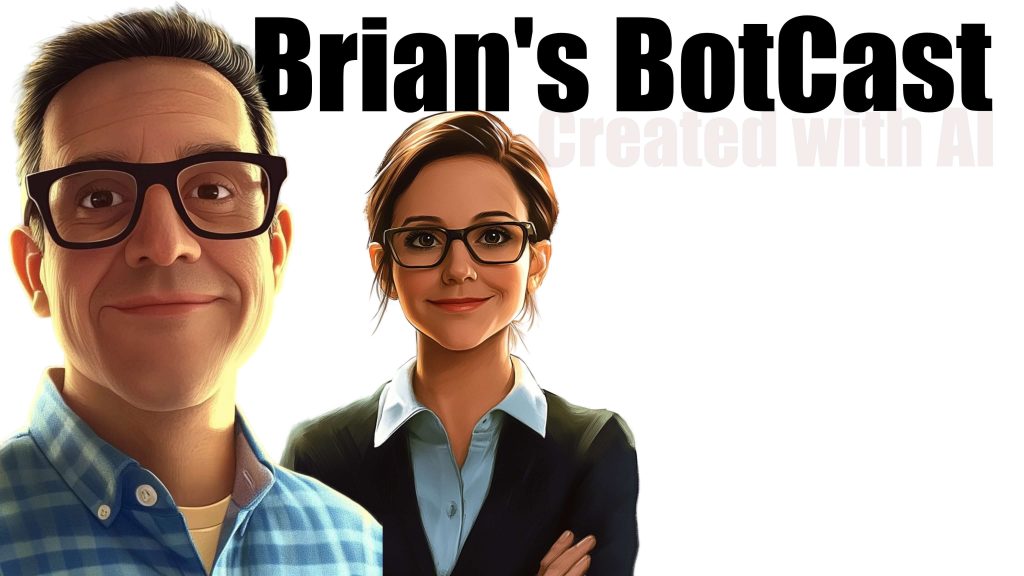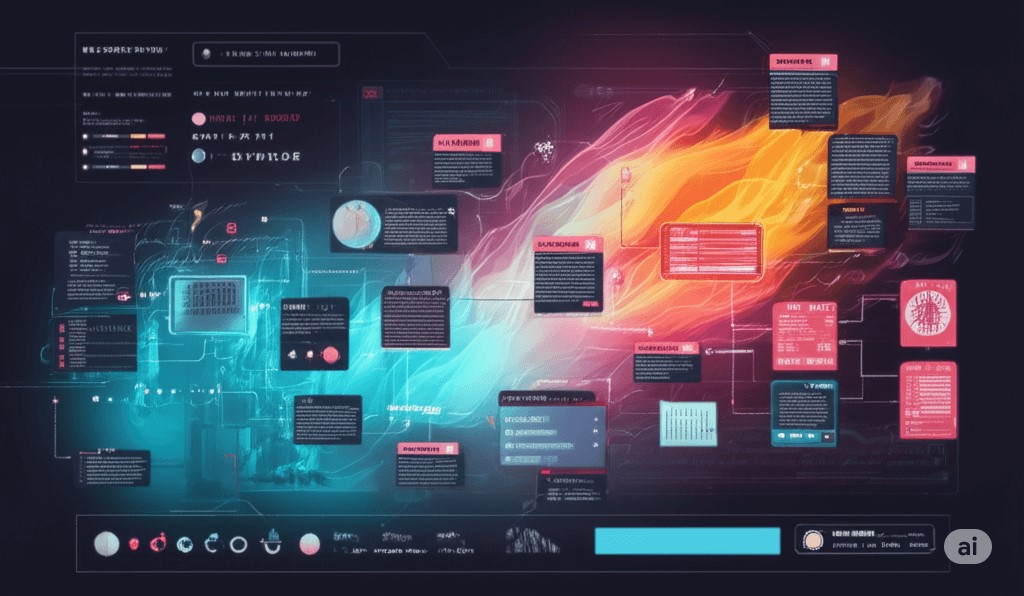In the complex world of hybrid digital production, managing workflows can feel like conducting a symphony across multiple time zones. Keeping everyone in sync, allocating resources effectively, and maintaining momentum is a monumental task. This is where AI-driven project management is stepping in, transforming workflows from chaotic to choreographed.

Navigating the Shift: Return-to-Office Mandates and Hybrid Work Trends
Smarter Systems for a Hybrid World
The Spring 2025 releases from major platforms like Microsoft Copilot and Google Gemini are promising a new level of seamless coordination. These AI-powered tools and scheduling bots are designed to smooth out the hand-offs in distributed workforces, raising the ceiling on team productivity.
But the impact goes far beyond just scheduling. Here’s how AI is making project management smarter:
Optimized Resource Allocation
By analyzing project requirements, team member skills, and current workloads, AI can recommend the optimal allocation of resources. This ensures that the right people are working on the right tasks, whether they are in the office or remote.
Proactive Risk Assessment
Instead of reacting to problems, AI can predict them. By analyzing historical project data and current progress, AI can flag potential bottlenecks, budget overruns, or timeline risks before they become critical issues, allowing managers to take preemptive action.
Fueling the Creative Brief
AI’s analytical power is being used at the very start of a project. It can provide a more rational and measurable foundation for the creative process by delivering deep customer understanding and identifying key market signals to power the initial brief.
Bridging Methodological Gaps
In a hybrid project management model that blends Waterfall and Agile, AI can act as the universal translator. It can help create standardized reports that satisfy both the milestone-based tracking of a traditional plan and the iterative progress metrics of an Agile sprint.
From Copilot to Autonomous Agent
While 2024 was the year of the AI “copilot” that assisted with tasks, 2025 is ushering in the era of the autonomous agent. These intelligent systems will act as proactive personal advisors, not just helping you navigate your work but actively identifying and recommending new opportunities, workflows, and learning paths tailored to your role.
By automating complex analytical tasks and providing data-driven insights, AI allows project managers and their teams to focus on what matters most: strategic initiatives, creative problem-solving, and delivering outstanding work.
